- Home
- /
- Blog posts
- /
- Buying a Puppy
So you have carried out all the relevant research and have settled on buying a puppy. There are certain things that you should do before deciding to purchase your new puppy. Avoid selling sites or private adverts. Many people are unknowingly buying sick imported puppies.
The problem with imported puppies is that generally, they are illegally smuggled into the country. These puppies have been mass bred in deplorable conditions, and people are being left with puppies that were either too young to go from the mother or suffering from significant health issues.
Your first port of call should be to visit the kennel club website; there is a list of breeders on the kennel club website from reputable registered breeders. You may also have to join a waiting list to be in line for a puppy from the kennel club, but patience is vital when looking to give a dog a home.
What to expect from our article
What should I ask the breeder?
The first thing you need to ask when buying a puppy is, are the parents available to view? Sometimes the breeder may have used a stud, which is entirely normal, so it is not always possible to see the father, but you should still be able to see the mother.
If the mother is not available to view or the breeder is making excuses for not seeing the mother, you should not purchase a puppy from this breeder; the chances are you will be buying an import, which you do not want.
Meeting place
Ask to meet at the breeder’s kennels or business place, never arrange to have a puppy delivered to you or agree to meet at a separate location; you want to see the conditions the breeding has taken place. If the breeding location is not of a high standard, this should make you cautious. If the breeder doesn’t care about the breeding kennels’ condition, they will not care about their puppies’ state or health.
KC registered
Ask if the parents are KC registered and ask to see the relevant paperwork, also; ask if the puppies will be kc registered and If there are any restrictions on them. Sometimes breeders sell the puppies without documents as pets only, or they may put restrictions on the papers to stop them from being bred. They may also have a condition that says the puppy cannot leave the country. You may also be required to sign a contract that states you will return the puppy to the breeder if you are no longer able to look after it or if you need to rehome it.
Health checks
You need to find out if the puppies and parents have had any health checks carried out and if not, why? Most dogs can be prone to specific health issues like hip/elbow dysplasia or entropion.
Hip/elbow dysplasia can significantly reduce your puppy’s quality of life, and some dogs will have to undergo surgery, which can cost thousands and thousands of pounds to correct. However, these conditions can be managed with medication most of the time, but your puppy will likely be affected long term.
Your Puppy may not be able to go on long walks, jump or even run around like other puppies, so you need to ask for the breeder to provide the results of any hip/elbow scoring that has been carried out.
Entropion is an eye disorder that affects many dogs, especially the more wrinkly ones; the eyelids can turn in, causing the eyelashes to rub on the eye, causing watery eyes and eventually turning into entropion. If the puppy has watery eyes when you go to visit, this is something you should avoid.
As with all medical issues, sometimes insurance does not cover the full cost or the condition or may not be covered at all; in cases of entropion, the dog may need to undergo 2-3 surgeries, so you must buy a puppy that is in perfect health.
Injections
Usually, a breeder will pay for the first set of injections when the puppies go for their final health check with the vet; it is not always done because individual vets use different vaccine brands, so the pups would need to have them done again.
Some breeders don’t see the point in giving them a vaccine that will be repeated, so don’t always expect your new puppy to have the first one. If the breeder is local to you, you can use the same vet to make sure they use the same vaccine brand, and the puppy will only need to have the extra one.
Temperament
You want to make sure you are buying a healthy puppy, but you also need to make sure you are buying a happy puppy, which is why you need to see the parents and the surroundings the puppy has been raised in.
Observe things like;
- Is the puppy aggressive?
- Is the puppy shy?
- Is the puppy scared?
- Is the mum scared?
- Is the mum aggressive or cowering away?
If so, then the chances are your puppy will inherit the same traits from the mum.
Fear can lead to aggression; you do not want an aggressive puppy because that puppy will soon turn into an angry dog. It is also normal for some dogs to be standoffish with strangers and maybe even bark at you, but they should still be interested, friendly, and not cower away in fear.
Do they breed more than one type of dog?
Ask what other dogs they are breeding; most genuine breeders will only produce one specific breed or maybe two. If the breeder has multiple breeds of puppies, you should be wary about purchasing your puppy from them. Usually, breeders who breed lots of different types of dogs are only interested in the money and not the puppy’s health and well-being.
Avoid buying on impulse
We are all guilty of it; we see something we want and all of our sanity goes out the window. We just have to have it; this needs to be kept in check when buying a puppy. If we are going to be responsible for this dog for the next 10-15 years, we want to make sure we are buying a happy, healthy, and sound puppy.
Try to visit the puppy several times before you commit to buying; this can be difficult sometimes as the breeder will probably ask for a deposit to secure the puppy for you.
How to spot a puppy farm
A puppy farm is somewhere puppies are mass bred without any paperwork, and usually, they won’t have any health checks carried out on the parents or the puppies.
Usually, the living conditions are deplorable, dirty, and over cramped. A puppy farm usually has lots of outbuildings like sheds or barns, and the puppies will be confined to them.
Be wary of puppies pictured in cages or outbuildings; this may mean that the puppy has had no social interaction with family members, children, or other pets, affecting their temperament.
If someone doesn’t care how the puppies are being bred and kept, they will not care about their puppy’s health and well-being. If the breeder isn’t interested or doesn’t ask questions about you, your home, work, etc., they also do not care about their puppies. A genuine breeder will ask many questions to make sure that their puppy is right for you.
Buying your puppy
Okay, so you have found a good breeder and are satisfied with all the breeder’s answers on health and temperament and have chosen your new puppy, paid your deposit what next?
You should arrange to collect your new puppy no sooner than eight weeks old; collecting sooner than eight weeks will almost always end in disaster. The mum will teach the puppy precious life lessons, and if the puppy is removed too early, the puppy will not learn its place.
Your puppy should be secured in a travel crate; make sure you have plenty of paper towels and puppy pads, and a nice soft blanket. It is not unusual for a puppy to pee or poop or even be sick on the journey home as traveling can be very stressful for them.
Arrange to have your new puppy checked by your vet after purchase. You will want to do this as soon as possible to get the first injection; the sooner the injections are done, the sooner you can take them out.
Socialising your new puppy
For the first few weeks, you are allowed to take them out, but you will need to carry them, allow strangers to pet them, and introduce them to children. You will want to keep them off the floor and away from any other dogs until they complete their second lot of vaccinations; puppies are prone to picking up diseases from other dogs.
Once they have completed their second set of vaccinations, you will be able to start exercising your puppy. Take them out to as many places as you can; let them interact with other dogs, people, and children. If you have family members who have cats or other small animals, you must socialise with them, some dogs have a high prey drive, but if introduced early to small animals, they will be fine.
Training classes
Along with temperament and socialisation, obedience is essential, so you should enroll your puppy with a reputable dog trainer who has balanced dogs for your dog to learn its order in the pack. An unruly puppy can be a real problem, so obedience is highly recommended.
Puppies are quick to learn and will pick up basic commands very quickly. You can move up to advanced tricks as your puppy grows, teaching them more advanced obedience. Some dogs can be too stubborn, so this is something you will want to start as soon as you can.

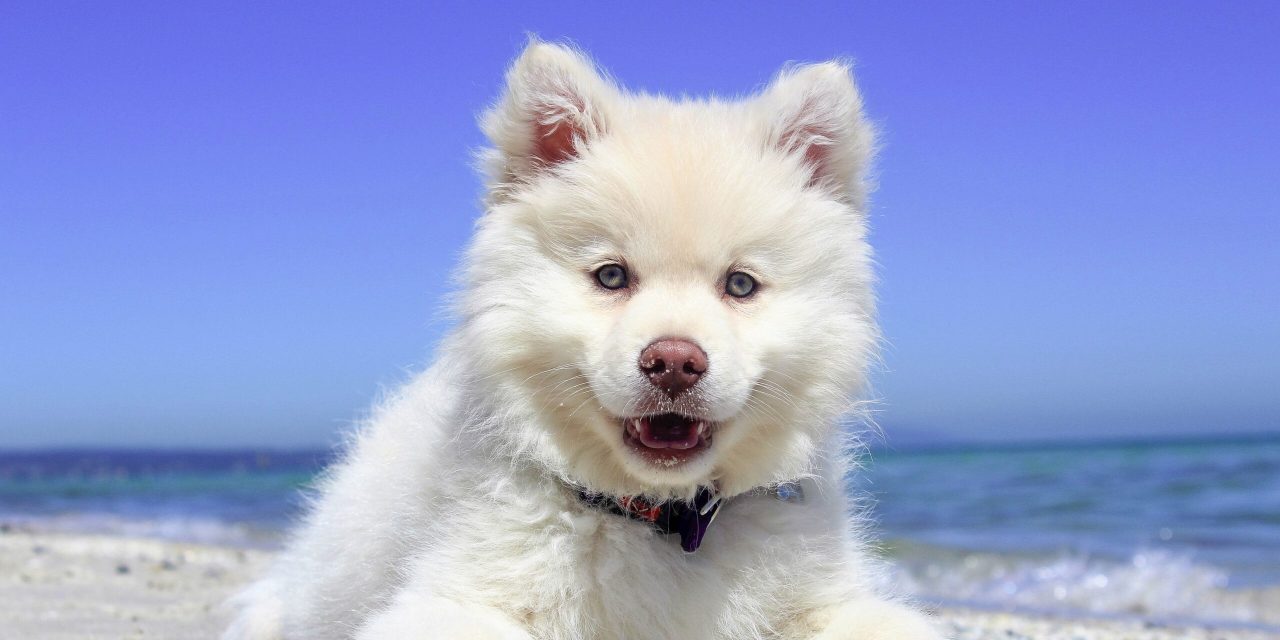
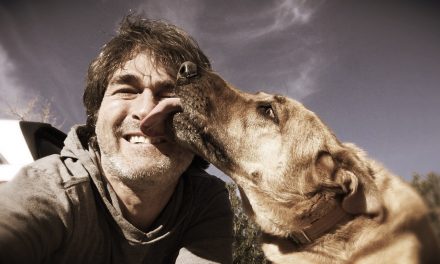
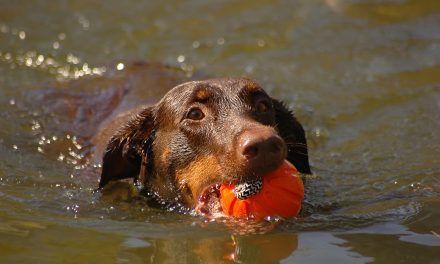

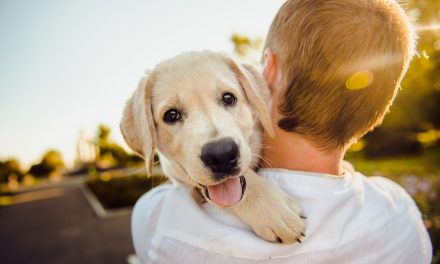




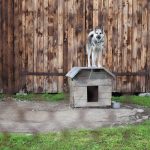
Trackbacks/Pingbacks